Acceleration Funds 2019-2021
Project 1: Metallic Crown Needle to Facilitate Insertion of Cochlear Implant through Round Window Membrane
Summary
Cochlear implants profoundly impact the hearing-impaired by endowing or restoring a sense hearing. However, the insertion of a cochlear implant into the inner ear involves significant surgical trauma via a cochleostomy in which the bone separating the middle ear from the inner ear is breached via drilling. The round window membrane offers an alternate pathway for insertion of the cochlear implant, which introduces less trauma because it involves perforating tissue rather than bone. The goal of this project is to bring to commercialization a surgical tool capable of introducing precisely sized perforations in the human RWM to facilitate insertion of the cochlear implant.
Principal Investigators
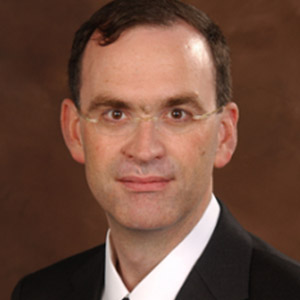
Jeffrey W. Kysar is Professor of Mechanical Engineering and of Otolaryngology–Head & Neck Surgery at Columbia University where he has also served as Chair of the Department of Mechanical Engineering since 2014. He received his B.S. degree from Kansas State University and his Ph.D. from Harvard University. He has been a Visiting Associate Professor at the École Nationale Supérieure des Mines de Paris. His current research interests are in the field of mechanical properties of small-scale materials from a combined experimental, computational and analytical perspective. His group has made fundamental contributions in the mechanics and mechanical properties of two-dimensional materials such as graphene, the development of novel nanocomposite and nanostructured materials, the study of atomic scale defects that lead to plastic deformation mechanisms in metals, and the use of nanoscale additive processes to fabricated composite structures with predefined spatial placement of nanoscale components. In the medical field, he works in the field of Otolaryngology to develop surgical tools to access the cochlea intended to treat hearing and balance disorders. In addition, he is involved with a project to develop prosthetic heart valves.

Alan West received a BS in chemical engineering from Case Western Reserve in 1985 and a PhD in chemical engineering from the University of California, Berkeley, in 1989. He is a fellow of the Electrochemical Society, and in 2014 he received the society’s Electrodeposition Award. He joined the faculty of Columbia Engineering in 1992. West has developed novel methods that couple electrochemical and biological technologies that may potentially be used to produce fuels from renewable electricity, to convert inorganic waste streams to fuels, and to enable alternative processes for use in copper mining. Of particular interest to West are the experimental and numerical methods used to characterize transport phenomena and reaction mechanisms in electrochemical systems. He has simulated and analyzed a variety of metallization and dissolution processes, including studies by which the design of the electrolyte composition controls film growth and nucleation, and thus properties in geometries of relevance to the manufacturing of electronic devices. He has developed models of battery electrodes that capture experimental observations ranging from the atomistic scale to the mesoscale to the full scale of the electrode. Due to the multi-scale, complex nature of batteries, West works closely with a range of scientists and engineers, including chemists, material scientists, physicists, and mechanical and electrical engineering.
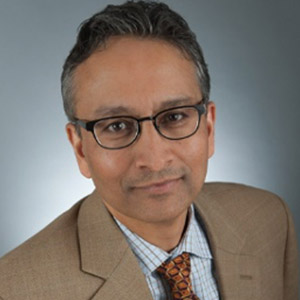
Anil K. Lalwani, M.D. earned his medical degree from the University of Michigan Medical School in 1985 and subsequently completed is internship in General and Thoracic Surgery at Duke University Medical Center and his residency in Otolaryngology-Head and Neck Surgery at UCSF. Following subspecialty training in Neurotology and Skull base surgery, he served as Senior Staff Fellow at the National Institute on Deafness and Other Communication Disorders, National Institute of Health. In 1994, he joined the faculty at UCSF as an assistant professor and rose to the rank of Professor in 2002. In April 2003, Dr. Lalwani was recruited to New York University School of Medicine to serve as Mendik Foundation Professor and Chairman of the Department of Otolaryngology—a position he held until December 2009. During his tenure, the previously unranked department rose to #22 on the US News and World Report survey and was #13 in research funding. Dr. Lalwani joined the faculty of the Columbia University College of Physicians and Surgeons in 2012. He is considered one of the leading ear surgeons for children and adults in the country. His clinical specialties include cochlear implantation, middle ear implants, chronic ear disease, cholesteatoma, facial nerve disorders, otosclerosis, superior semicircular canal dehiscence, glomus tumors, cerebellopontine angle tumors (e.g. acoustic neuromas), and skull base surgery, and gamma knife therapy.
Project 2: Machine Learning-Based Characterization of Bacteria Isolates from Clinical Samples
Summary
Bacteria-related illnesses—caused by strains of Escherichia coli, Salmonella enterica, Listeria monocytogenes, Vibrio cholerae, Corynebacterium diptheriae, methicillin-resistant Staphylococcus aureus (MRSA), and Pseudomonas aeruginosa—are responsible for millions of yearly deaths worldwide. Identification and monitoring of bacteria outbreaks and antimicrobial resistance is critical for tracking health developments and is recommended by the WHO. The aim of this proposal is to develop an automated approach for the identification and characterization of bacteria from clinical samples. The funded project would apply machine learning methods to analyze photographs of bacteria from clinical samples grown on solid media in Petri dishes. This overall approach would be particularly important in low-resource settings, where culture on solid media is the common practice and samples could be photographed using cell phones and transmitted to a server for automated identification algorithms.
Principal Investigators
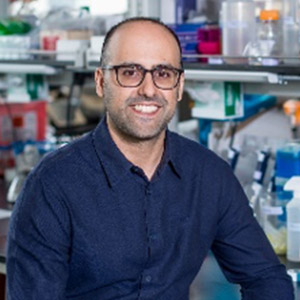
Tal Daninois an Associate Professor in the Department of Biomedical Engineering at Columbia University. His lab focuses on engineering bacteria for biomedical applications, with a particular emphasis on developing bacteria as a cancer therapy. Originally from Los Angeles, Tal received a Ph.D. in Bioengineering from UCSD in Jeff Hasty's lab, and was a postdoctoral fellow at the Koch Institute for Integrative Cancer Research with Sangeeta Bhatia. He is the recipient of awards including the NSF CAREER Award, Era of Hope Scholar Award, TED Fellow, and NIH Pathway to Independence Award. He directs the Synthetic Biological Systems Laboratory and is a member of the Herbert Irving Comprehensive Cancer Center and Data Science Institute.
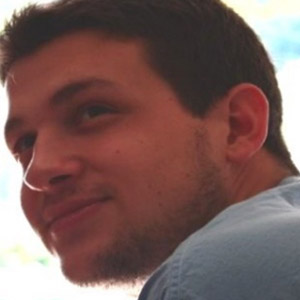
Svebor Karaman is a French Computer Vision and Machine Learning researcher, currently a Senior Research Scientist at Dataminr. Previously, he spent three years as a PostDoc at the MICC (Media Integration and Communication Center) of the University of Florence in Italy and five years as an Associate Research Scientist in the DVMM Lab at Columbia University with Professor Shih-Fu Chang.
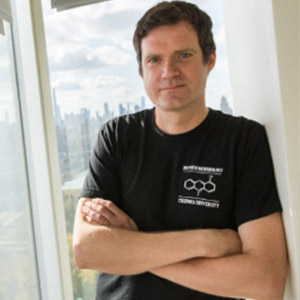
Lars Dietrich is an Associate Professor in the Department of Biological Sciences at Columbia University. His lab studies bacterial multicellular and its consequences for bacterial metabolism and antibiotic tolerance. For his doctoral degree from the Biochemistry Center at Heidelberg University in Germany, Lars worked with Christian Ungermann on the homeostasis of the endomembrane system in eukaryotes. For his postdoc at Caltech and MIT, he worked with Dianne Newman to study the influence of secondary metabolites on biofilm formation. He received the NSF CAREER Award in 2015.
